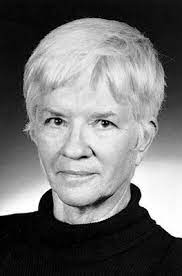Harding, Sandra

Bio: (1935-) American philosopher. Sandra Harding has taught at the University of Delaware and the University of California, Los Angeles. She is best known for her feminist approach to epistemology. Harding singles out five areas that feminist science must focus on: 1) gender inequalities in education, research funding, and careers; 2) abuse of science to support sexism, heterosexism, racism, and ideologies of inequality; 3) problematization of the idea of pure science, and especially the idea of gender-neutral science; 4) the impact of culture on science; 5) creating an alternative feminist epistemology. She suggests building "feminist empiricism" as an alternative to classical science. She stands for a science that will fight for equality, diversity, and solidarity. Harding belongs to a group of feminists who advocate the epistemology of standpoint theory. This epistemology starts from the assumption that women's multiple and contradictory identities and social positions should serve as an epistemological resource. True knowledge can only be created by studying the oppressed and deprived, as well as by examining a specific female experience that is very different from the experience and worldview that men have. The different experiences and worldviews that women have allow us to create a specific insight into the way society works. She sees gender as a product of experience and practice. Gender differences in identities, experiences, and practices cause gender differences in knowledge.
Fields of research
Gender Identity Ideology Inequality, Social Knowledge Multiculturalism Race ScienceTheoretical approaches
Feminism, SociologicalMain works
The Science Question in Feminism (1986);
Sex and Scientific Inquiry (1987);
Whose Science? Whose Knowledge? Thinking from Women’s Lives (1991);
Is Science Multicultural? Postcolonialisms, Feminisms, and Epistemologies (1998);
Science and Social Inequality: Feminist and Postcolonial Issues (2006).

